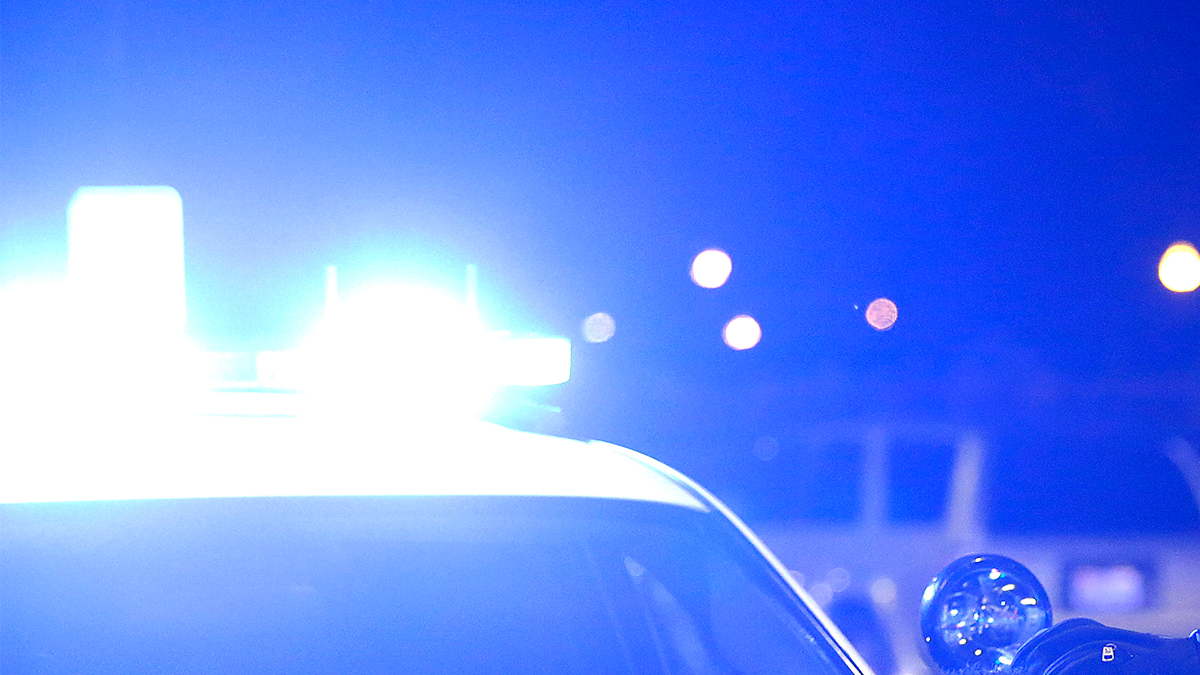Almost five years have passed since he nearly died of Ebola in Liberia, but Richard Sacra has never wavered from his commitment to the struggling West African nation.
The 56-year family doctor from Massachusetts was among a handful of Americans treated and cured of Ebola during West Africa's deadly epidemic in 2014, which was the worst ever outbreak of the virus, claiming more than 11,000 lives over two years, primarily in Liberia, Ghana and Guinea.
Sacra contracted the virus while delivering babies at ELWA, a missionary hospital in the Liberian capital of Monrovia where he's worked for more than two decades. He was evacuated and treated in Omaha, Nebraska, but within months, Sacra was back at ELWA -- which stands for "Eternal Love Winning Africa" -- treating patients.
The devout Christian, who says he dreamed of becoming a missionary growing up in the Boston-area, hasn't stopped going back since.
"It's our adopted home," Sacra said Wednesday as he and his wife Debbie took a rare break at their home outside Worcester, Massachusetts, where he's on the faculty at the University of Massachusetts Medical School. "My wife and I have been going to Liberia since 1987. Our kids grew up there. So the idea of not going would be harder for me than the idea of going back."
On Thursday, Sacra is being honored by the African Mission Healthcare Foundation for his work in Liberia, a nation founded as a colony of freed African American slaves in the 19th century. The organization is awarding him the L'Chaim Prize for Outstanding Christian Medical Missionary Service at a ceremony in New York City. The annual prize comes with a $500,000 gift.
Sacra said the money will be used at ELWA to build an intensive care unit, install solar panels and build out a training program for family physicians that he founded in 2017.
Massachusetts
The latest news from around the state
Increasing the ranks of family doctors is a small but critical piece in rebuilding the nation, which had never fully recovered from more than a decade of civil war before Ebola struck, Sacra said.
"One of the things the Ebola crisis really highlighted was how weak the health system in Liberia was. The whole system just collapsed because there were too few trained doctors and nurses," he said. "So one of our goals as a mission is to strengthen that health system. To not just bring over doctors, but to train local physicians and build up their capacity so that something like this won't happen again."
Ebola has continued to flare up in other parts of Africa, particularly the Congo, where more than 300 have died since last summer. But Sacra believes Liberia is better prepared than it was five years ago.
More doctors are graduating from local medical programs, the national government has established a public health monitoring and education system, and an experimental Ebola vaccine is being tested.
"Building a health system from scratch is not something you can do in a year or two," Sacra said. "It's a generation-long project."
With their three sons now in their 20s and beginning their own careers, Sacra says he and his wife are committed to being a part of those efforts for the foreseeable future.
"We're just grateful God gave us a second chance to continue to make an impact," he said.



